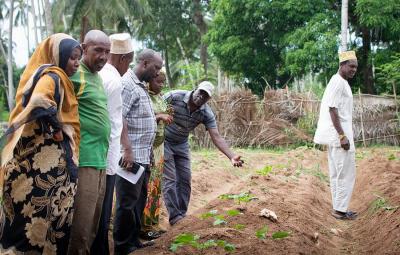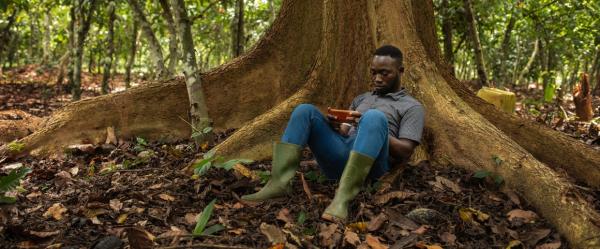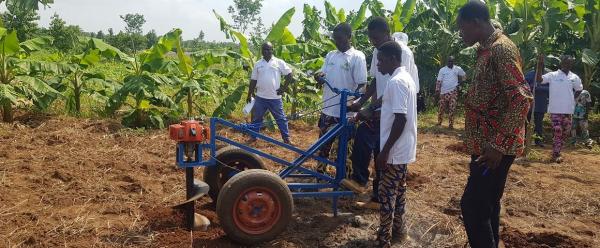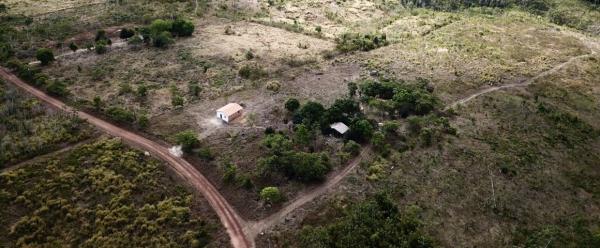Call to action 25 November 2025
- Home
- CIRAD news
- News
- Participatory guarantee systems
Participatory guarantee systems: revisiting certification models
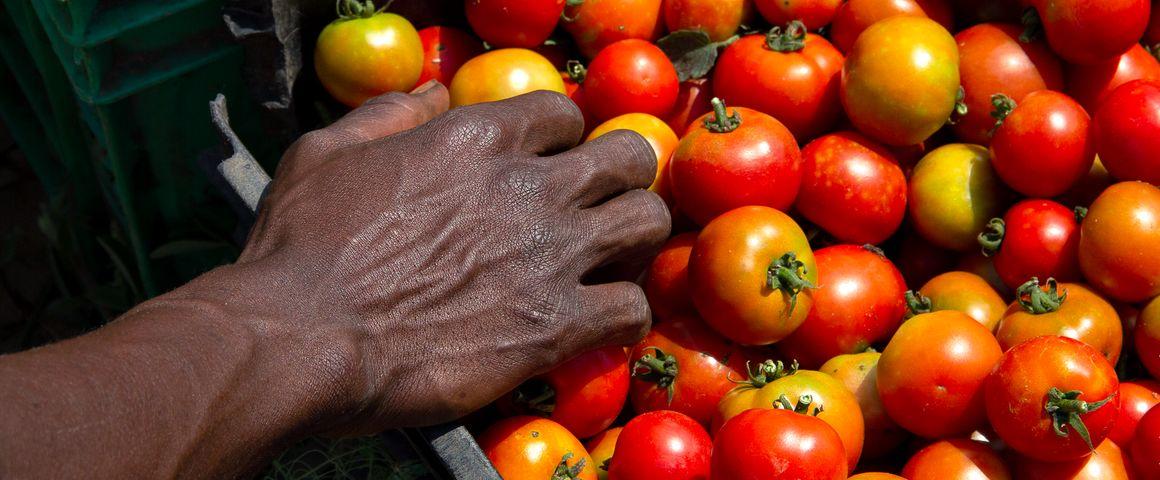
© R. Belmin, CIRAD
Organic agriculture, Label rouge (red label), Rainforest Alliance, Sustainable fisheries, the AOC label (controlled designation of origin), and so on. Faced with growing demand for healthy, environmentally-friendly food, labels are gaining momentum. In Europe, most of these schemes are based on assessment and attribution by a private, independent certification body. However, “this third-party certification system tends to exclude certain producers”, says Sylvaine Lemeilleur, an economist at CIRAD, “either because of excessive costs (auditors’ salaries and travel expenses) , or because farmers refuse to accept the commodification of guarantees”.
For these producers who are excluded from conventional certification schemes, participatory guarantee systems (PGSs) are an excellent alternative. They are based on assessment by peers and the whole of the community concerned (consumers, processors, distributors) to measure compliance with commitments made collectively. The researcher’s work has shown that PGSs are just as robust as third-party certification schemes: “the verification mechanisms, such as non-reciprocal inspections and the systematic rotation of auditors, are strong enough to ensure there is no possibility of fraud”.
“A long-term local solidarity network”
However, more than a simple certification process, PGSs facilitate continuous learning through inspections and regular exchanges between members. “They foster the creation of a long-term local solidarity network in a given territory”, says the expert, who is also member of the international IFOAM PGS Committee (International Federation of Organic Agriculture). “This networking is particularly important in countries where there is little support and training in agroecology”, she continues. These systems also contribute to building closer relationships based on knowledge and mutual trust between consumers and producers, which is not the case of conventional, anonymous third-party certification.
For example, the main challenge for the Polynesian PGS Bio Fetia is to “develop organic agriculture and to build dynamics between stakeholders, especially between small producers, in very specific island conditions”, says Heiva Faatauira, one of its coordinators who has benefited from the professional training provided by CIRAD to develop PGSs. The Polynesian network has 232 members, including 116 producers, 90 consumers, 15 processors and 11 buyers. “During each of our visits, we share the outcomes of our previous exchanges with other producers, since they face the same challenges, especially the marketing of products and their fair remuneration”.
Major challenges
Developing its reputation with consumers, its marketing channels, obtaining recognition from the public authorities or organising the long-term, unpaid participation of all stakeholders: a PGS will face some major challenges. To contribute to meeting these challenges, CIRAD has developed different tools, including self-assessment guides (in french), in the context of the Territoires Durables and COMPAIRS projects.
A few years ago, CIRAD helped to structure a PGS on agroecology in Morocco. A second PGS is currently being set up in the country. CIRAD is also supporting the emergence of new local groups in Tanzania and Uganda. Moreover, in the context of the Territoires Durables project, it organised an international training course in Montpellier at the end of June, including theoretical inputs and field visits, in partnership with the French PGS Nature & Progrès. A regional meeting between PGSs from West and Central Africa is planned for 2023 in Abidjan.
A grassroots movement
The very first organic label certification system in the world was in fact a French PGS, Nature & Progrès. Subsequently, throughout Europe, third-party certification rapidly supplanted the other types of certification. Today, it is mainly in the southern hemisphere that participatory certification is flourishing. There are now 242 agricultural PGSs in 78 countries, involving 1.2 million producers (IFOAM figures, 2022). Furthermore, these collaborative quality management systems are also spreading into other fields: sustainable buildings, green energy, ecotourism, solidarity finance, etc. “Through their collective architecture and their diversity, PGSs open up new opportunities for social movements throughout the world to reclaim the commons”, concludes Sylvaine Lemeilleur.

























